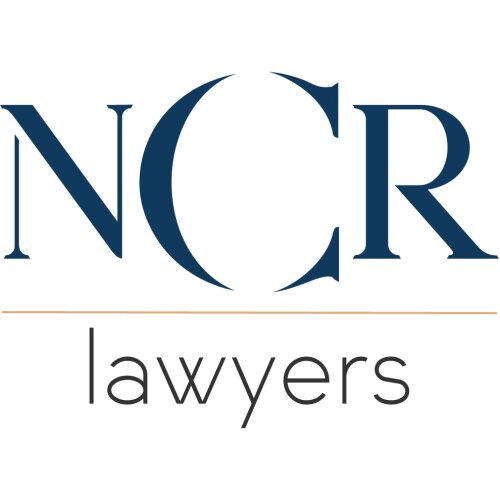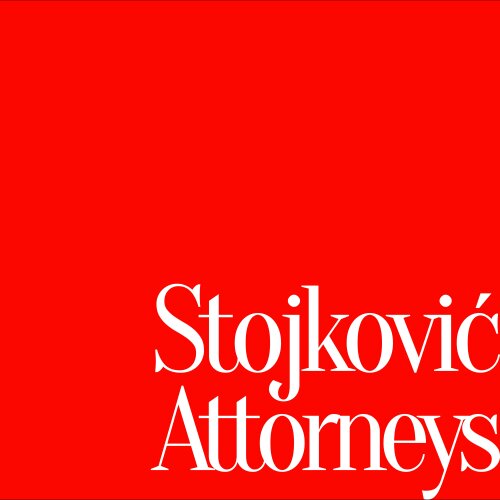Best E-commerce & Internet Law Lawyers in Serbia
Share your needs with us, get contacted by law firms.
Free. Takes 2 min.
Or refine your search by selecting a city:
List of the best lawyers in Serbia
About E-commerce & Internet Law in Serbia
E-commerce & Internet Law in Serbia encompasses the legal and regulatory frameworks governing online business activities conducted via electronic means. This area of law focuses on electronic contracts, digital consumer protection, data protection, electronic payments, online advertising, and intellectual property. Serbia has made significant strides in aligning its legal standards with the European Union regulations, especially after adopting the Law on Electronic Commerce and the Law on Personal Data Protection. This legal modernization aims to foster a secure and efficient environment for digital transactions and internet-related activities.
Why You May Need a Lawyer
Legal assistance in the realm of E-commerce & Internet Law may be necessary in various circumstances. Businesses operating online might require legal guidance to ensure compliance with local and international regulations. Issues such as drafting terms and conditions, privacy policies, resolving disputes related to contracts or defective goods, handling data breaches, and navigating the complexities of intellectual property rights are common. Consumers might seek legal advice for issues like online fraud, identity theft, or privacy violations. A lawyer knowledgeable in this field can help navigate these challenges effectively.
Local Laws Overview
Serbia has implemented several key legislative measures aimed at governing e-commerce and internet activities, notably including:
- Law on Electronic Commerce: This law regulates e-contracts, digital signatures, and provides guidelines for electronic business operations.
- Law on Personal Data Protection: Mirroring the EU’s GDPR, this law governs personal data processing and data subjects' rights.
- Consumer Protection Law: Ensures consumer rights protection in online transactions, covering issues like warranties and returns.
- Intellectual Property Law: Protects copyrights, trademarks, and patents related to digital content and technology.
These laws aim to ensure fair practices in digital transactions and secure internet operations while protecting the rights of all stakeholders involved in the e-commerce ecosystem.
Frequently Asked Questions
What is considered a valid electronic contract in Serbia?
A valid electronic contract in Serbia is one that meets the general criteria of contract law, including offer, acceptance, consideration, and legality, and is recognized by the Law on Electronic Commerce as equivalent to paper contracts.
How does Serbian law protect online consumers?
The Consumer Protection Law offers several protections, including the right to clear information, protection against unfair commercial practices, and specific rights like refunds or returns in cases of defective goods purchased online.
Is personal data collected online in Serbia subject to GDPR?
Yes, Serbia's Law on Personal Data Protection is modeled on the GDPR, providing stringent regulations on how personal data can be collected, processed, and stored, ensuring adequate protection of consumers' personal data online.
What are the requirements for using electronic signatures?
Electronic signatures in Serbia must meet certain technical standards and security measures to be deemed legally valid under the Law on Electronic Commerce, ensuring security and integrity.
How can disputes in online transactions be resolved?
Disputes may be resolved through direct negotiation, mediation, arbitration, or litigation, depending on the nature of the transaction and the agreement between parties.
What is the role of intellectual property law in e-commerce?
Intellectual Property Law protects the rights related to original digital content, trademarks, and innovations, ensuring creators and businesses retain the economic benefits of their digital assets.
What laws regulate online advertising in Serbia?
Advertisers must comply with general consumer protection laws and specific provisions within the Advertising Law ensuring accuracy, fairness, and non-deceptive communications.
Are there specific regulations for electronic payments?
Yes, electronic payments in Serbia are governed by financial sector regulations, ensuring secure transactions, fraud prevention, and consumer protection during online payments.
Can businesses outside Serbia sell goods online in Serbia?
Foreign businesses can sell goods online in Serbia, but they must comply with local laws, including consumer protection standards and data protection regulations.
How does local law approach cybersecurity in e-commerce?
Cybersecurity is addressed through various regulations that mandate secure data storage and transmission practices, requiring businesses to implement adequate security measures to protect consumer data.
Additional Resources
For further information and assistance regarding E-commerce & Internet Law in Serbia, consider reaching out to the following bodies and resources:
- Ministry of Trade, Tourism and Telecommunications: Provides regulatory guidance and consumer protection resources.
- Data Protection Commissioner: Oversees compliance with personal data protection laws.
- Chamber of Commerce and Industry of Serbia: Offers support and resources for businesses navigating e-commerce regulations.
- e-Trustmark Scheme: Aims to build confidence in online transactions via certification and adherence to best practices.
Next Steps
If you need legal assistance in E-commerce & Internet Law, consider the following steps:
- Identify Your Legal Needs: Determine whether you are seeking advice on compliance, litigation, contract drafting, or any other specific aspect of e-commerce law.
- Research and Choose a Lawyer: Look for legal professionals specializing in E-commerce & Internet Law, ideally with experience in Serbian law and its specific nuances.
- Prepare Necessary Documentation: Gather all relevant documents, including transaction records, contracts, communications, or other related information.
- Consultation: Schedule a meeting with your chosen lawyer to discuss your concerns, legal options, and potential solutions.
- Act on Legal Advice: Follow through on the legal strategies or actions recommended by your lawyer to resolve your issue or ensure compliance.
Lawzana helps you find the best lawyers and law firms in Serbia through a curated and pre-screened list of qualified legal professionals. Our platform offers rankings and detailed profiles of attorneys and law firms, allowing you to compare based on practice areas, including E-commerce & Internet Law, experience, and client feedback.
Each profile includes a description of the firm's areas of practice, client reviews, team members and partners, year of establishment, spoken languages, office locations, contact information, social media presence, and any published articles or resources. Most firms on our platform speak English and are experienced in both local and international legal matters.
Get a quote from top-rated law firms in Serbia — quickly, securely, and without unnecessary hassle.
Disclaimer:
The information provided on this page is for general informational purposes only and does not constitute legal advice. While we strive to ensure the accuracy and relevance of the content, legal information may change over time, and interpretations of the law can vary. You should always consult with a qualified legal professional for advice specific to your situation.
We disclaim all liability for actions taken or not taken based on the content of this page. If you believe any information is incorrect or outdated, please contact us, and we will review and update it where appropriate.
Browse e-commerce & internet law law firms by city in Serbia
Refine your search by selecting a city.










